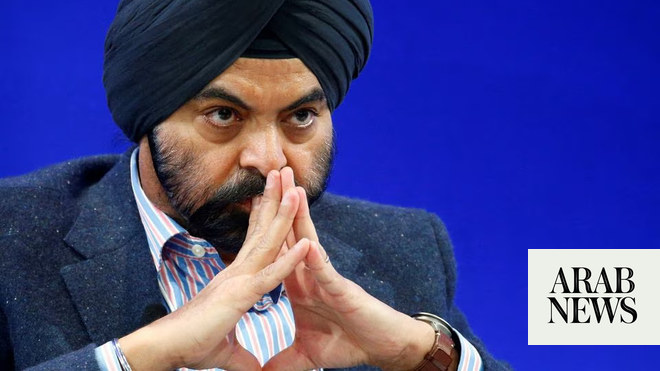
Some $35 million will be dedicated to a program to prevent Hepatitis C
The money will go toward a five-year project being implemented by the Ministry of Health and Population
CAIRO: The World Bank’s decision to invest $530 million in a project to improve Egyptian health care has been welcomed as a vital boost to a new health insurance system.
The money will go toward a five-year project being implemented by the Ministry of Health and Population and will be an integral component of Egypt’s ambitious health reforms, the World Bank said.
Some $35 million will be dedicated to a program to prevent Hepatitis C and support a new universal health care insurance system.
This mandatory insurance system follows a sharp increase in medication prices over the last two years.
Dr. Ali Hijazi, the assistant minister of health, recently revealed that Egyptians pay more than 60 percent of their own health costs.
The insurance scheme, to be introduced from 2018-2032, has proved controversial. The law will require all Egyptian residents, including employers, expatriates and casual workers to make mandatory monthly payments of between 1 and 4 percent of their income.
In addition, the family breadwinner will be responsible for paying monthly contributions for family members, including unemployed spouses and all children.
Dr. Ali Mehrez, head of the Central Administration of Medical Licenses in the Health Ministry, told Arab News that only 57 percent of Egyptians currently have medical insurance.
He said it was necessary to ensure the quality of health services while maintaining the costs were “commensurate with the public and not excessive.”
“This new health insurance law aims to expand coverage and strengthen the local health care market, which will increase the demand for health care services again,” he added.
Egypt’s health care sector is lagging behind other countries in the region, both in quality of service and the number of people receiving treatment.
The authorities are preparing to cope with increasing demand for health care services, particularly in the densely populated urban areas of Giza, Cairo and 6th of October City.
Egypt’s health care system is also under pressure due to high levels of poverty and modern lifestyle conditions such as diabetes.
Medication shortages are also a problem. In 2013, more than 600 medicines became unavailable to patients after pharmaceutical companies and the Health Ministry failed to agree on pricing.
“The solution to the health problem in Egypt lies in the rapid implementation of the comprehensive health insurance system,” said Abdel Hamid Sheikh, a member of Parliament’s Health Committee.
He said that the new system would “achieve results and deliver services to the ordinary patient, and provide support and treatment at the expense of the state to needy patients only.”
Egypt has a diverse health system that includes many public and private health care providers.
Public hospitals are affordable, but usually overcrowded and dirty. Private hospitals are expensive but provide good services.
“The adoption of the comprehensive social health insurance law is a major achievement, but the biggest achievement is that we expect it to start this month,” said Dr. Abdelhamid Abaza, a former assistant health minister. “This project is the basis of health reform in Egypt.”












